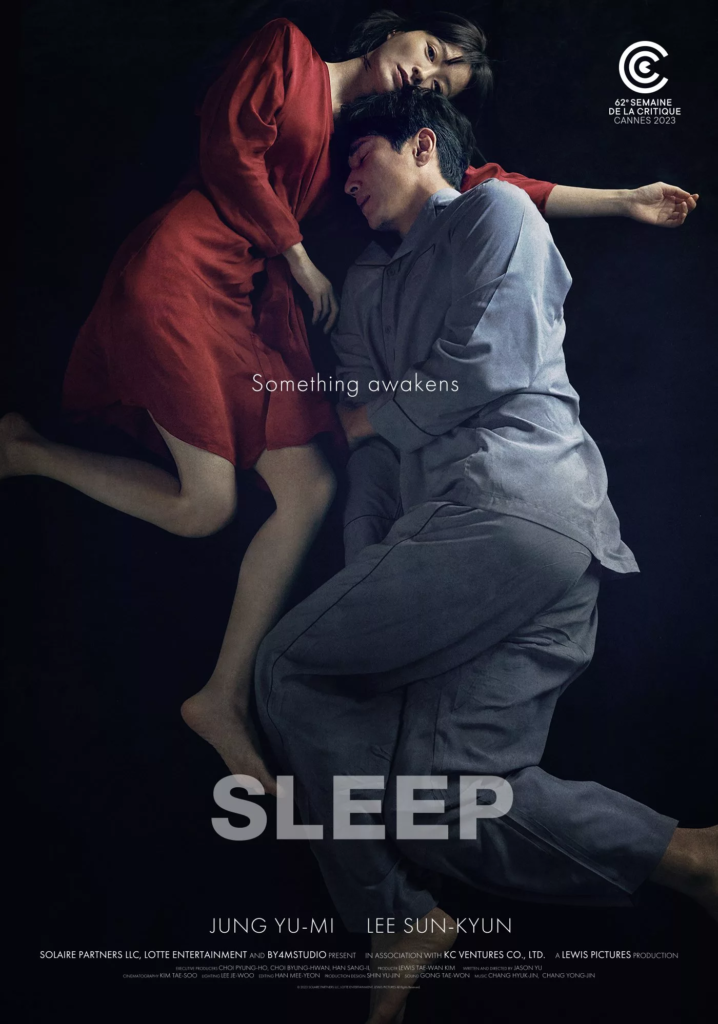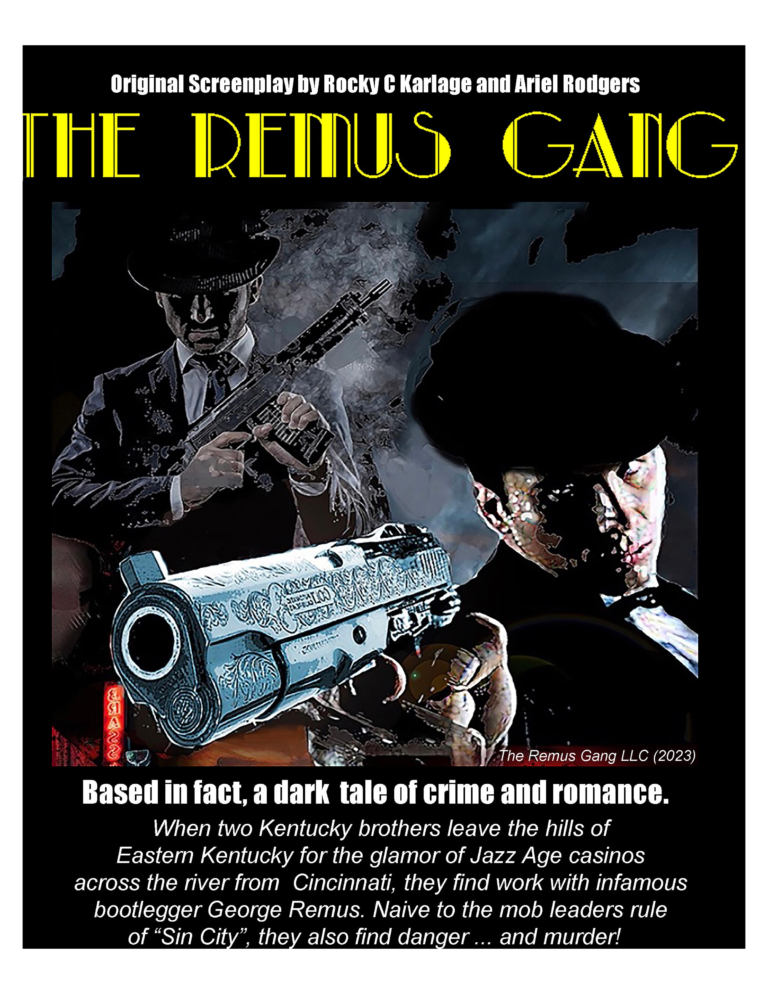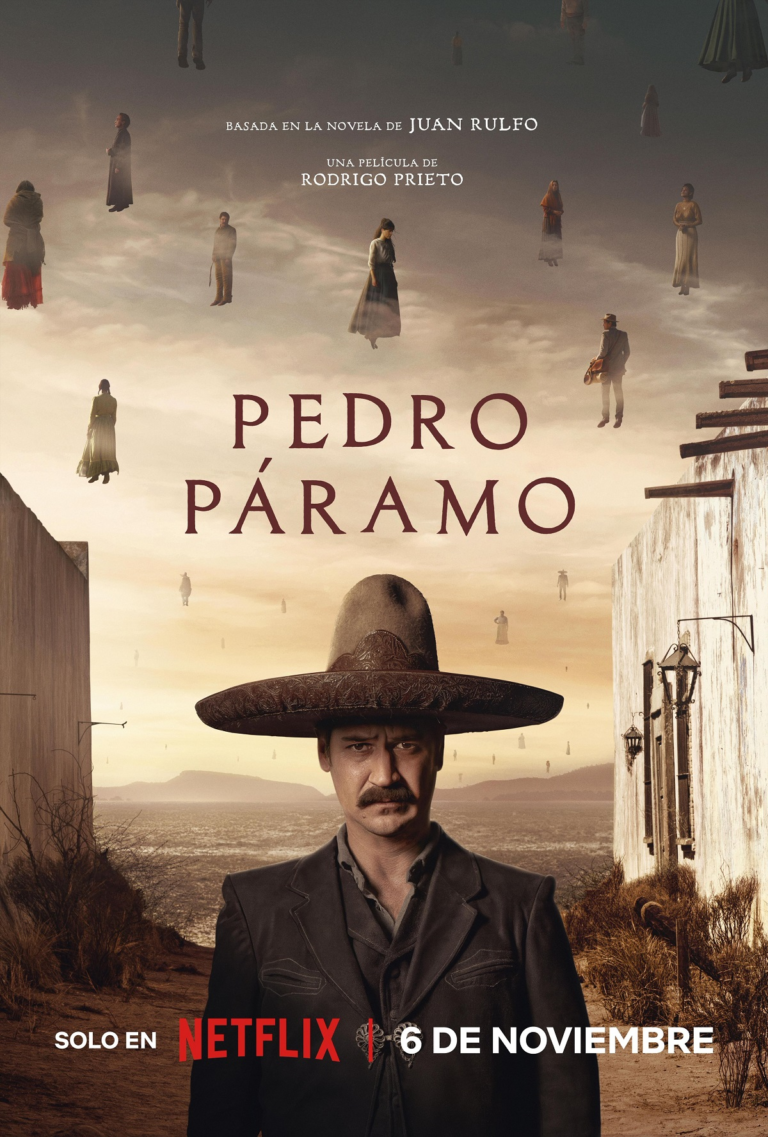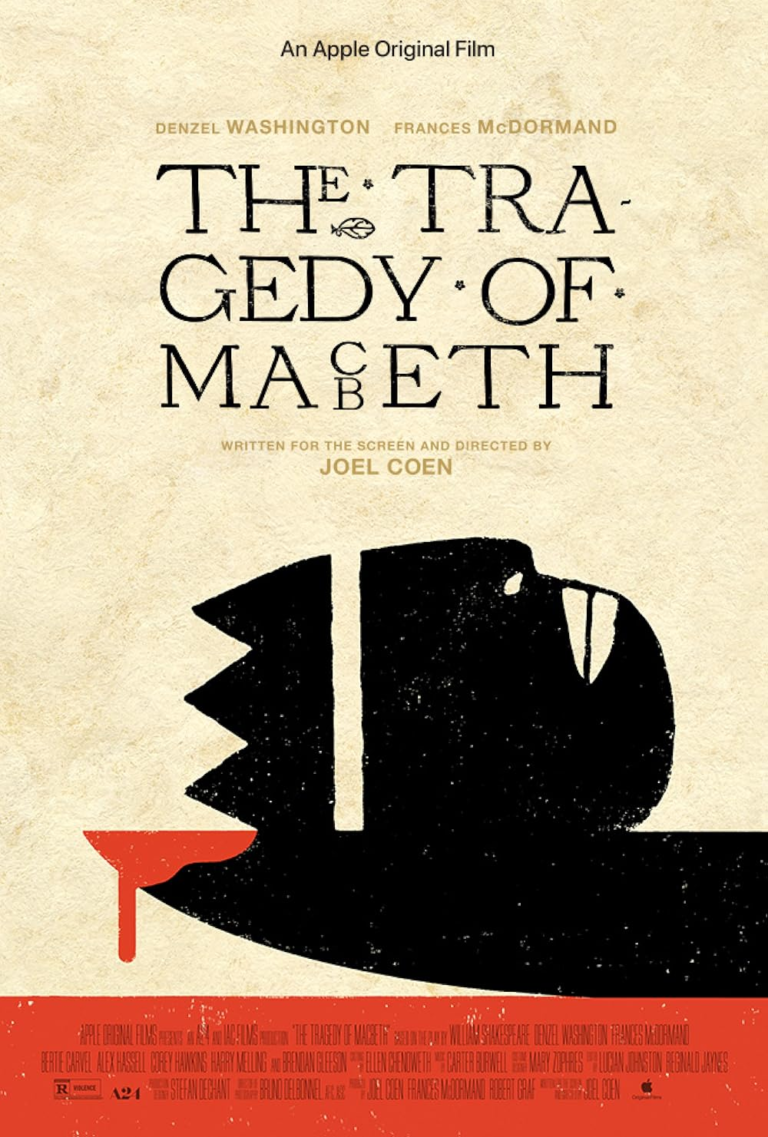Sleep Christian Review

Jason Yu’s Sleep is a movie that doesn’t just get under your skin—it settles in your mind, nestling deep in the cracks of your thoughts and staying there long after the screen goes dark. It’s not your typical horror fare, and it doesn’t want to be. For a film that uses a cramped apartment as its central stage, it’s remarkably expansive, teeming with ideas and a dark, disorienting atmosphere that’s just as likely to make you question your sanity as it is to make you jump out of your seat.
It’s unsettling. It’s weird. And it’s almost brilliant. The story is like one of those nightmares where you think you’ve woken up—everything seems normal for a moment, but then something’s off, and you can’t quite put your finger on what it is. Slowly, you realize you’re still dreaming. That’s Sleep in a nutshell: a movie that drifts in and out of your grasp, always a little out of focus, a little wrong.
Opening with a Whisper, Not a Scream
Unlike most horror films that feel the need to announce their presence with a bang, Sleep creeps in quietly, like a shadow slipping under your door. There’s no blood, no masked maniac lurking in the hallway. Instead, there’s a couple—a seemingly ordinary couple—trapped in the seemingly ordinary suffocation of their own apartment. Yet, almost immediately, something feels… off.
Yu’s direction is subtle, almost annoyingly so at times. He doesn’t lead you by the hand through a maze of exposition and easy answers. Instead, he lets you sit with the discomfort, nudging you just enough to make you wonder if what you’re seeing is really happening, or if it’s all in the characters’ heads. And that’s where the tension lies—not in what happens, but in what might be happening. The film plays a dangerous game with its audience, daring us to trust it, only to pull the rug out from under us again and again.
A Puzzle Without Edges: Navigating Multiple Perspectives
One of Sleep’s more intriguing aspects is its shifting narrative perspective. We start by seeing everything through the eyes of one character—every look, every strange creak in the night, every frayed nerve. But then, almost without warning, we’re pulled into the other’s view, as if we’ve been handed a new pair of glasses that change the way we see everything. The world is the same, but our understanding of it is completely different.
It’s disorienting, and purposefully so. Just when you think you’ve figured out what’s going on, the movie slips sideways, taking you down a path you didn’t even know existed. This technique is a clever way to keep us guessing, but it’s also a reminder of just how fragile our grip on reality can be. For Christians, this shifting perspective can serve as a potent metaphor for the spiritual battle we all face—the war between truth and lies, faith and doubt. What we see isn’t always what’s true, and what’s true isn’t always easy to see.
Turning the Mundane into the Monstrous
Sleep makes remarkable use of its limited setting. The entire film takes place in a small, seemingly safe apartment, yet Yu turns it into a labyrinth of terror and confusion. The walls, which should be solid and secure, seem to pulse and close in. Doors that should open to familiar rooms suddenly seem like gateways to something dark and unknowable. It’s a masterclass in making the mundane monstrous.
What’s most unsettling, though, is how familiar it all feels. Haven’t we all experienced that sense of claustrophobia in our own homes? That eerie feeling that something is out of place, even if everything looks the same? Sleep taps into that universal experience and twists it, making the ordinary terrifying. It’s the same tactic used in films like Rosemary’s Baby or The Shining—turning a place of comfort into a cage of fear.
The Haunting Power of Silence
There’s a surprising amount of quiet in Sleep. Long stretches where nothing happens except for the creaking of floorboards, the soft hum of an appliance, or the quiet rasp of breathing. In these moments, Yu demonstrates a remarkable command of silence. Rather than filling every second with sound and movement, he lets the stillness linger, building tension so slowly that you hardly realize how tense you are until something—anything—breaks the quiet.
Silence, in a horror movie, can be more powerful than any scream. It forces you to confront your own thoughts, your own fears. You start to imagine things in the shadows, in the corners of the frame, in the spaces between words. And it’s in these spaces that Sleep finds its most chilling moments. There’s a kind of spiritual resonance here, too. In a world that’s constantly clamoring for our attention, sometimes the scariest thing of all is the silence—because it’s in the silence that we’re forced to confront who we really are.
More Than Just Fear: Humor in the Darkness
What’s surprising about Sleep is that it’s not just a horror film. There’s an undercurrent of dark comedy running through it—a bleak, almost nihilistic humor that pops up in the most unexpected places. One moment, you’re gripping the edge of your seat, heart pounding. The next, you’re letting out a nervous laugh at the absurdity of it all.
It’s a risky move, blending humor and horror like this. Done poorly, it can undercut the tension, making the scares feel cheap or forced. But in Sleep, it works. The humor isn’t there to lighten the mood; it’s there to heighten the tension, to make the horror feel even more surreal. It’s as if the film itself is saying, “Yes, this is all ridiculous, but it’s also terrifying, isn’t it?”
This balancing act is reminiscent of the work of Bong Joon-ho, Yu’s mentor on Okja. Like Bong, Yu knows that horror and comedy are two sides of the same coin—both rooted in the unexpected, the absurd, the uncomfortable. And by mixing them together, he creates a film that feels almost otherworldly, like a nightmare that’s just a little too funny to be completely terrifying.
A Meditation on Fear and Identity
But beneath the humor and the horror, Sleep is ultimately a film about fear—specifically, the fear of losing oneself. As the characters become more and more disoriented, as their world crumbles around them, the real terror isn’t the strange phenomena happening in their apartment. It’s the sense that they’re losing their grip on reality, that they’re losing themselves.
For Christians, this theme resonates deeply. The Bible speaks often about the danger of losing oneself to fear, to sin, to the lies of the enemy. In Sleep, the characters are trapped not just by the strange events around them, but by their own minds, their own anxieties and doubts. It’s a powerful reminder that sometimes, the greatest battle isn’t against an external enemy, but against the darkness within.
Final Thoughts: A Darkly Brilliant Debut
Is Sleep perfect? No. The pacing is uneven, and some of its narrative twists feel more confusing than compelling. But it’s a remarkably assured debut for Jason Yu, a film that dares to take risks and mostly succeeds. It’s not a movie that will appeal to everyone, and that’s okay. But for those who are willing to let it work its strange magic, Sleep is a haunting, thought-provoking experience.
Rating: 7/10. It’s flawed, it’s fascinating, and it’s one of the most intriguing horror films of the year. If you’re looking for something that’s more about atmosphere and ideas than gore and shocks, Sleep is well worth a watch. Just don’t be surprised if you find yourself lying awake, staring at the ceiling, wondering what it all meant.





